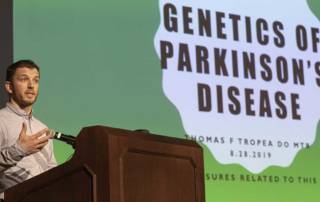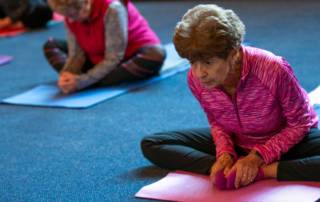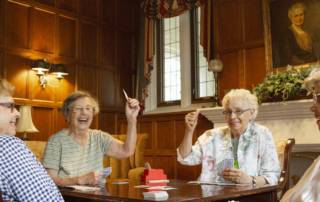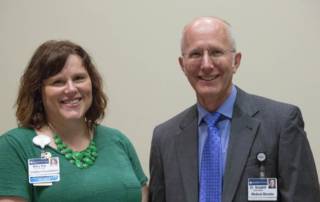Healthy Brain Aging
The aging process affects each person differently, exaggerating strengths and weaknesses. However, medical research has found that memory and attention are most affected by aging, since, according to Dr. Charles Duffy, a neurologist at Penn State Health's Milton S. Hershey Medical Center, "memory requires attention and attention requires memory."










